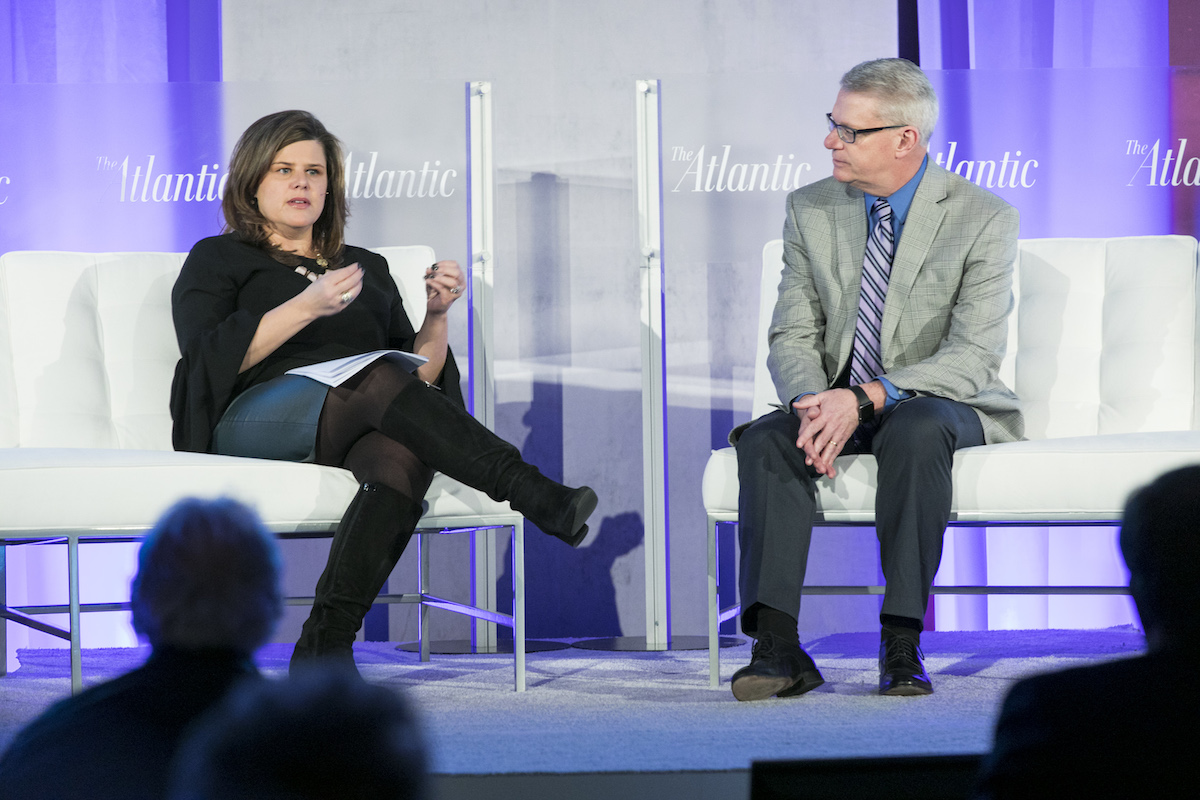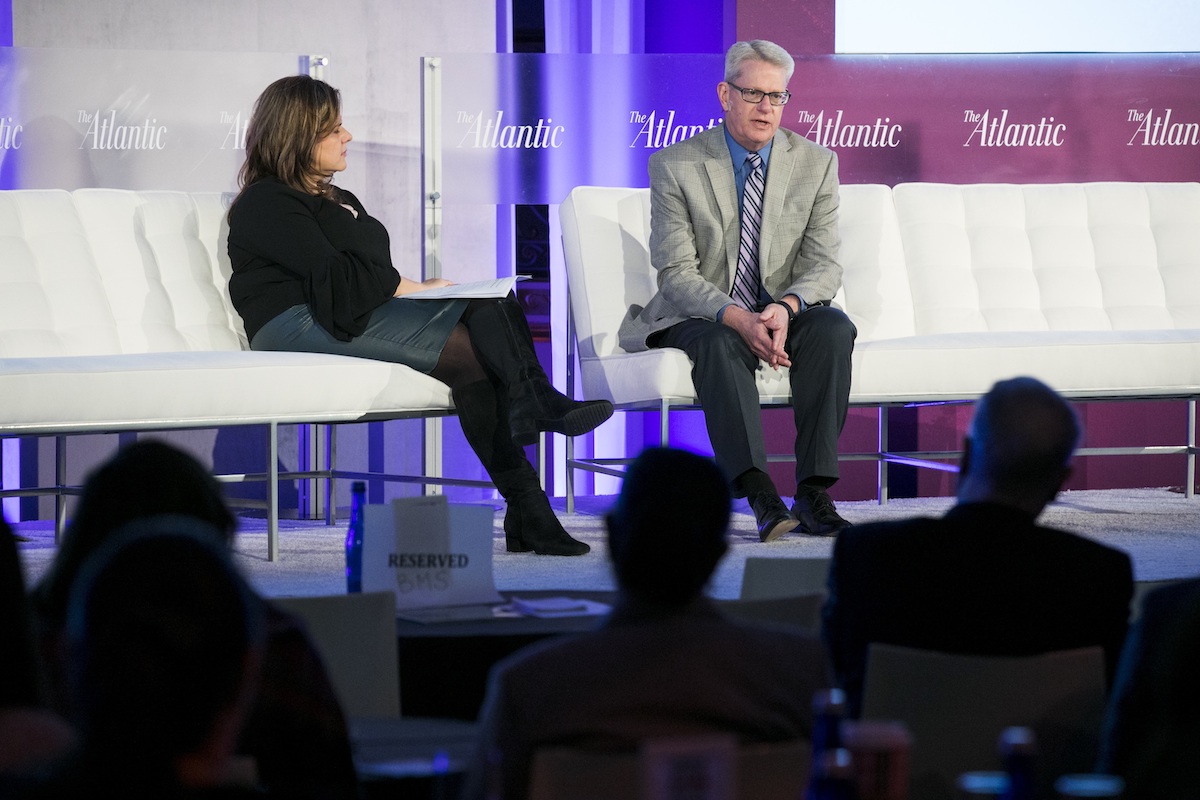One specific example of how these advances are delivering new hope to patients is in the field of acute myeloid leukemia (AML), a cancer of the blood and bone marrow that is predicted to cause nearly 11,000 deaths this year in the U.S. alone, according to the American Cancer Society.
“Until just the last few years, the scientific community had not produced any new drugs to help treat AML,” said Dr. Benner. “Now, the field of personalized medicine is opening new avenues for providing treatment. By understanding the biology of the disease, we’ve been much more successful in identifying therapies that we think could make a real difference for patients.”
Dr. Benner also referenced the need for supportive policies to help ensure patients can access these new therapies. Lori Reilly, executive vice president of policy, research and membership at the Pharmaceutical Research and Manufacturers of America (PhRMA), agreed, noting that America’s biopharmaceutical companies are helping to develop several initiatives to support this goal.
“We believe we need to evolve toward a system where we’re actually paying for the outcomes that a medicine achieves,” said Reilly, referencing a range of new value-based contracts that tie reimbursement for medicines more closely to value for individual patients. These voluntary, private arrangements include performance-based contracts that link payment to demonstrated patient outcomes, varying payment based on how a medicine is used and other forms of risk sharing.


